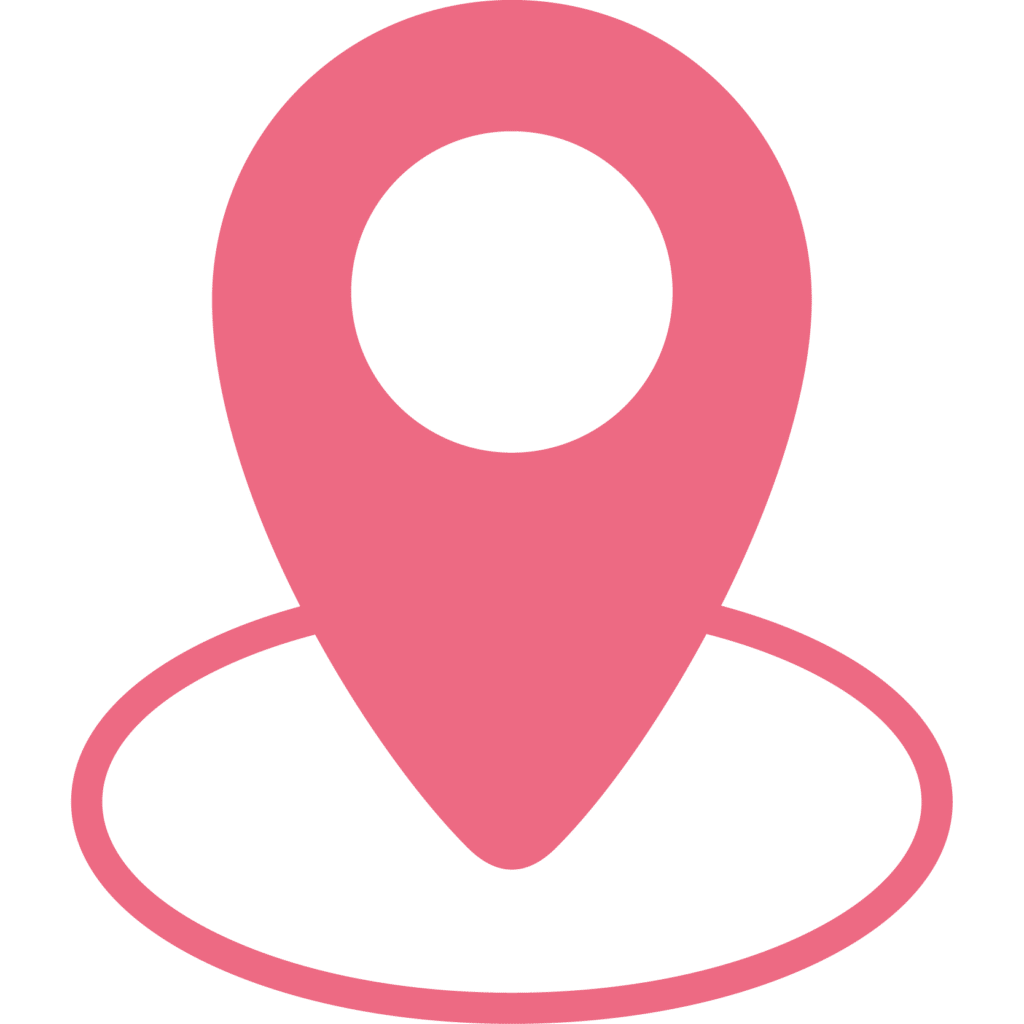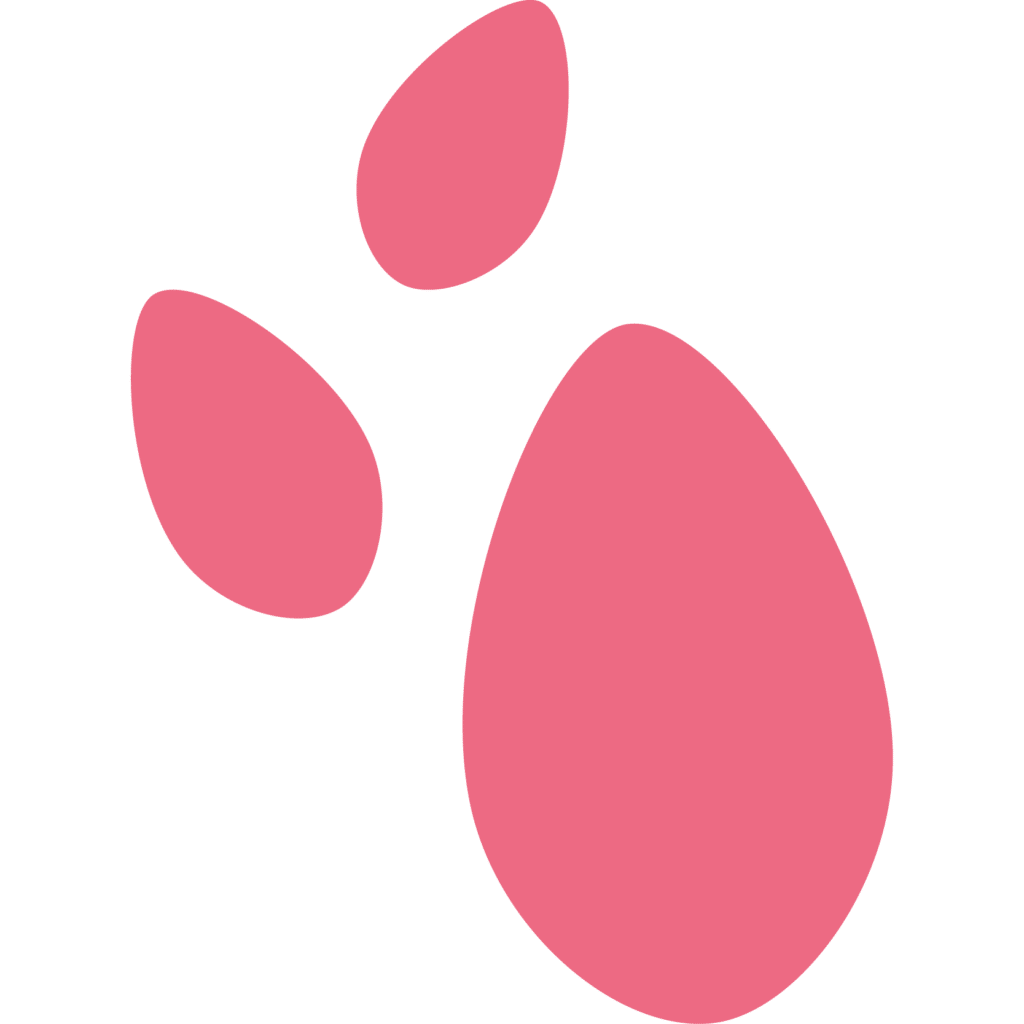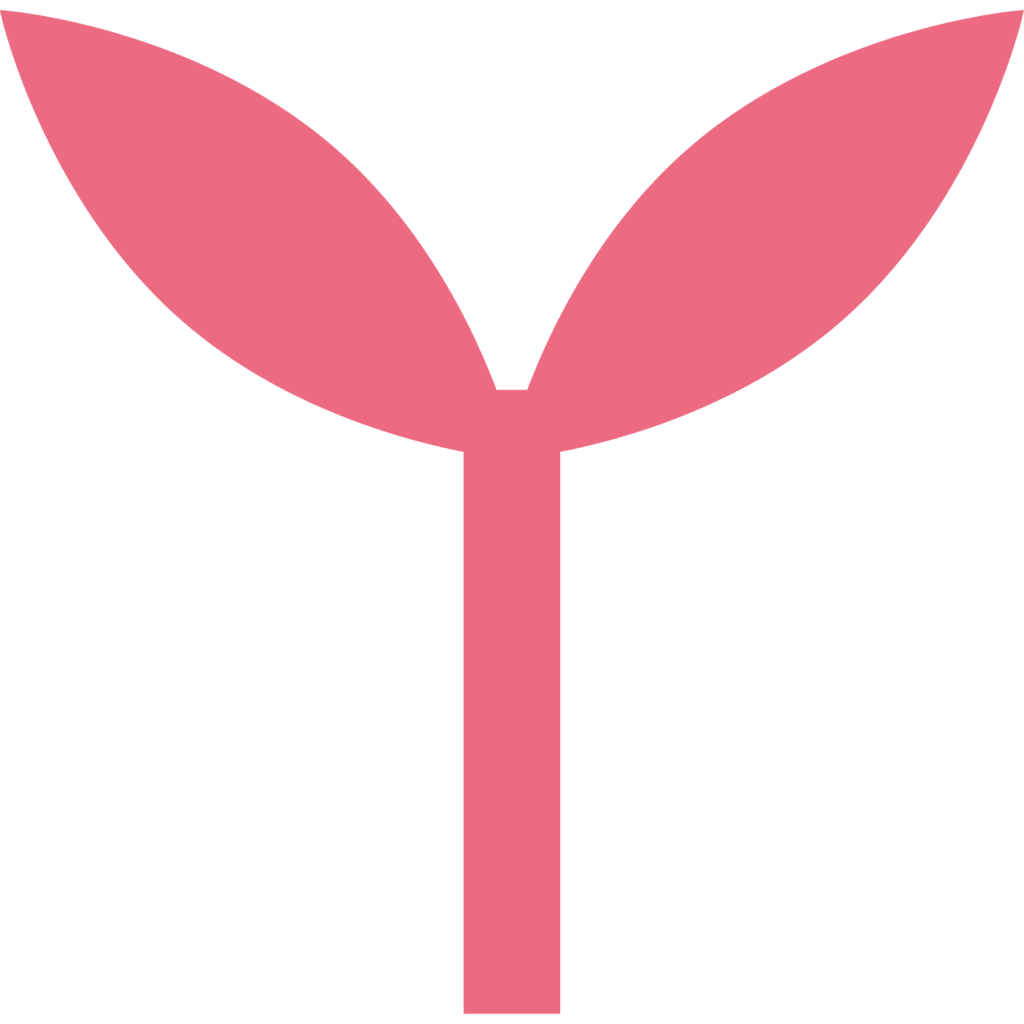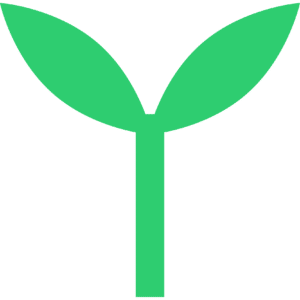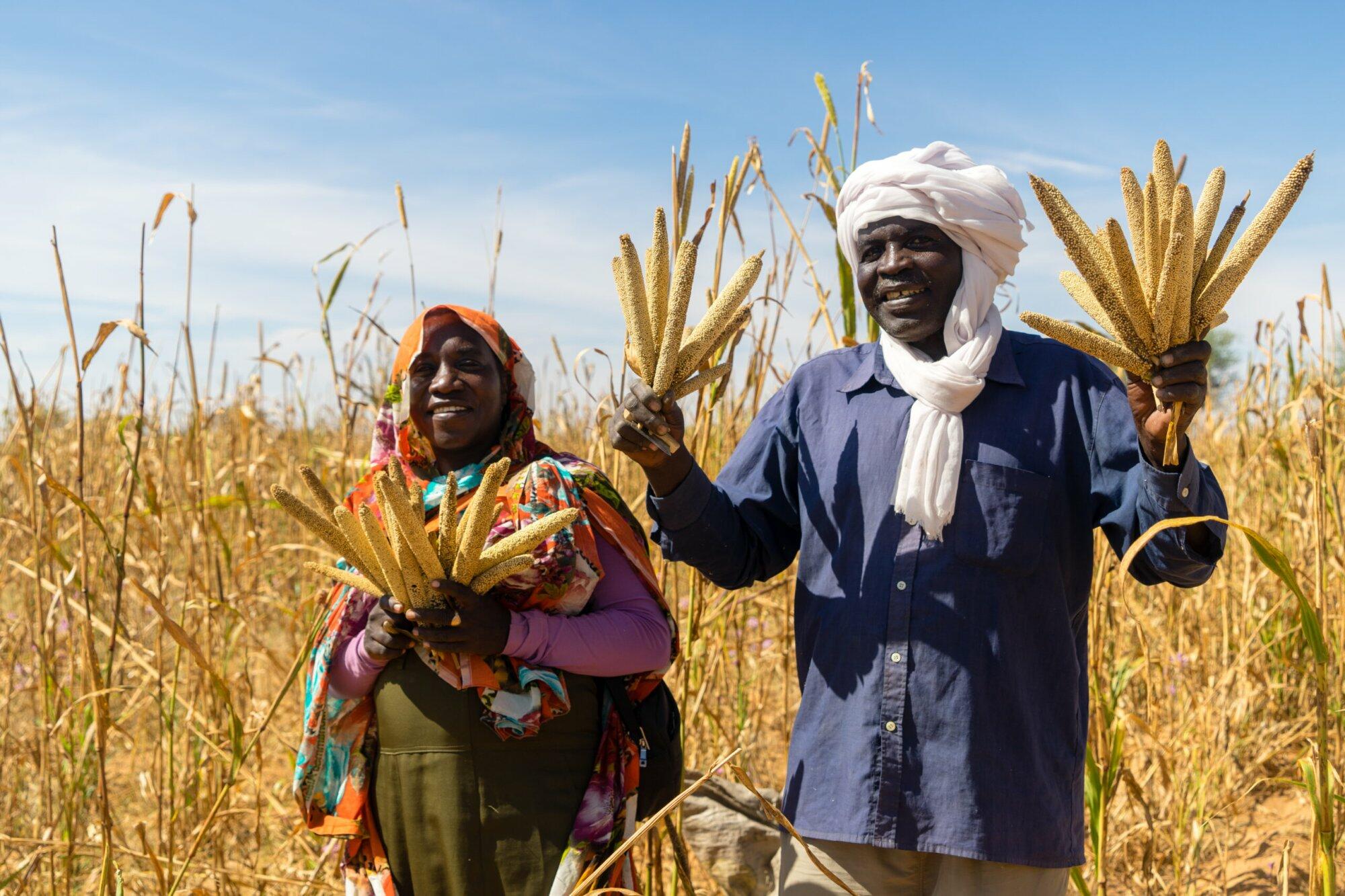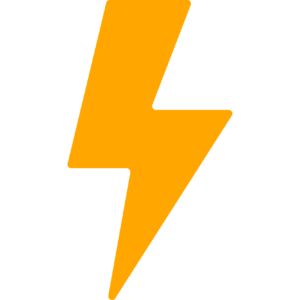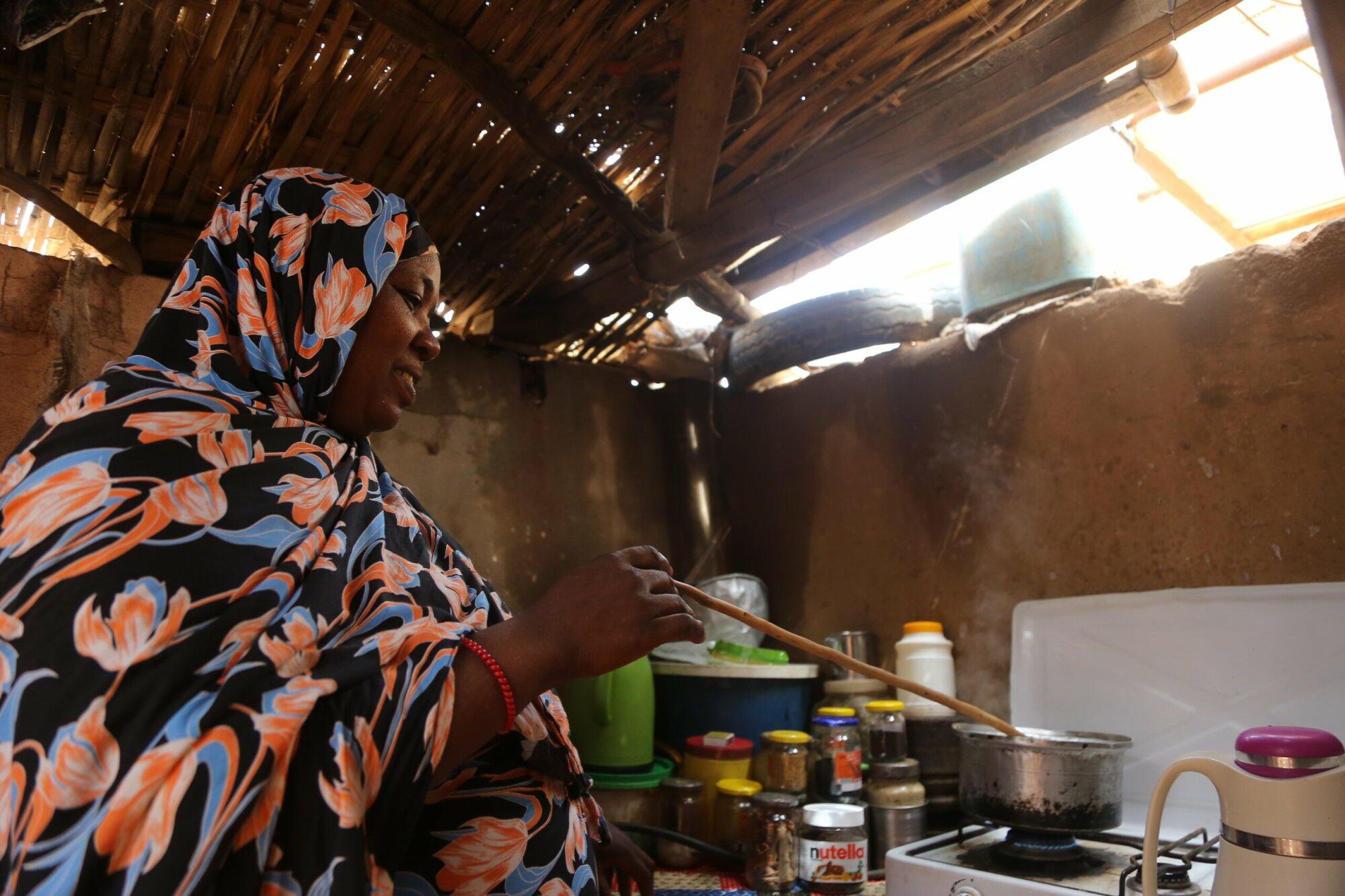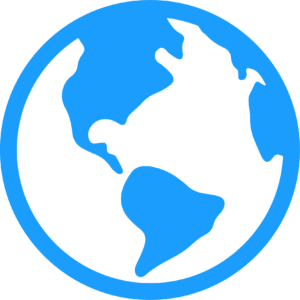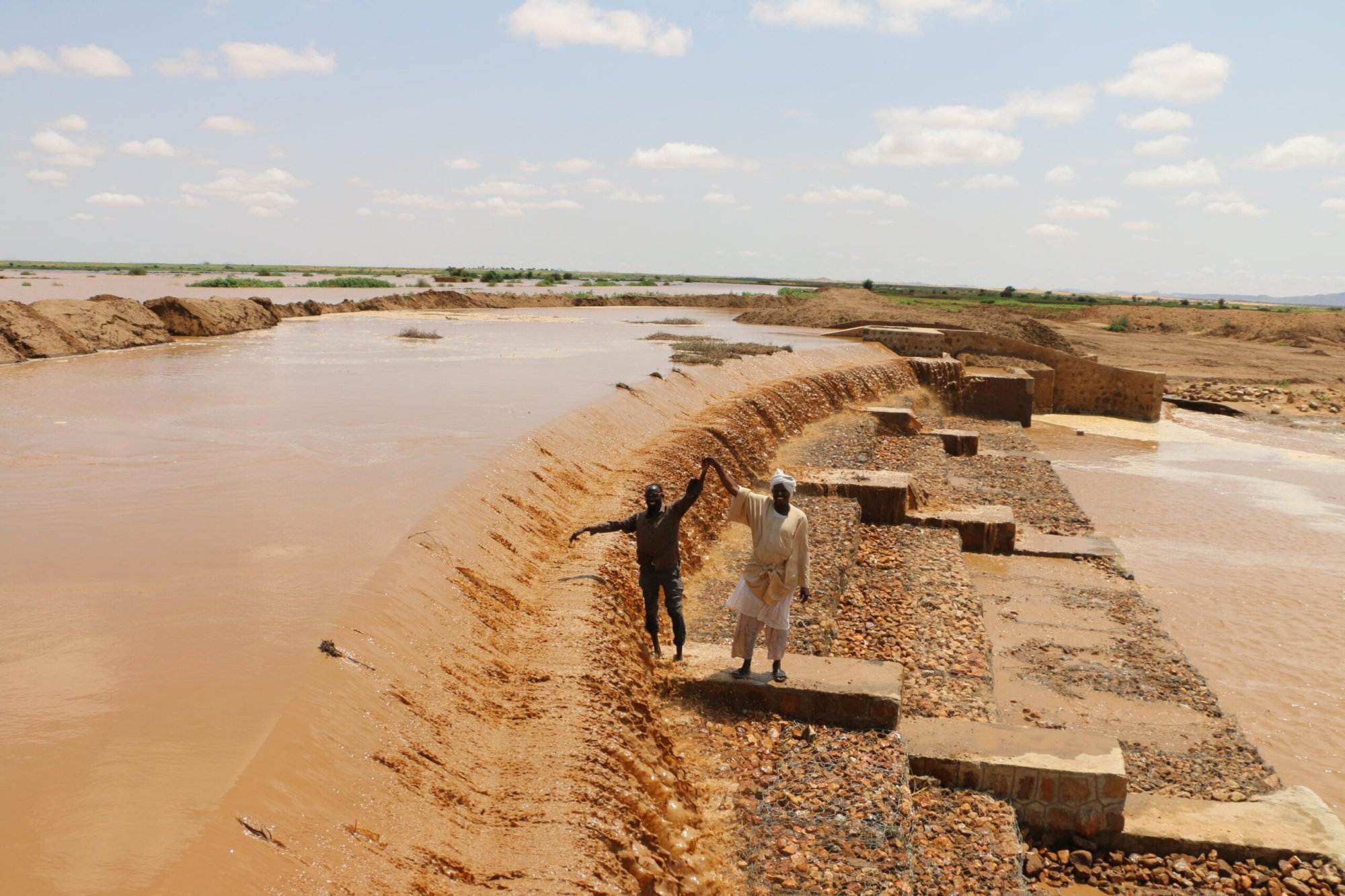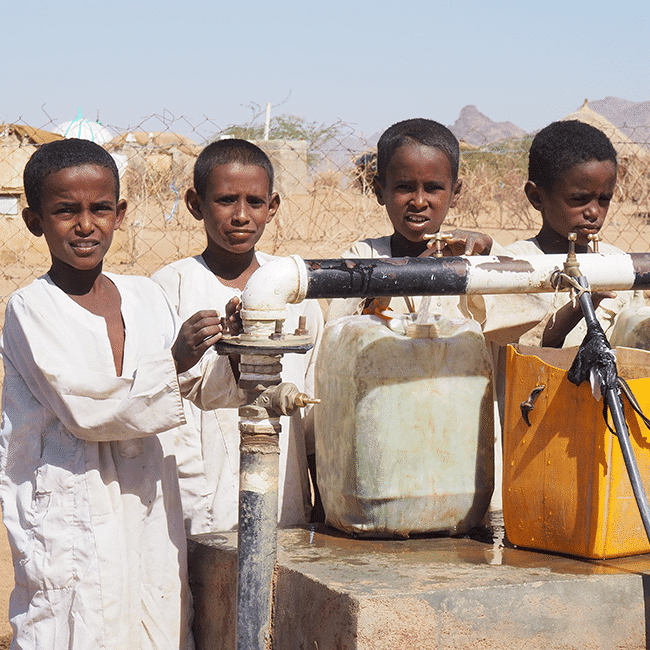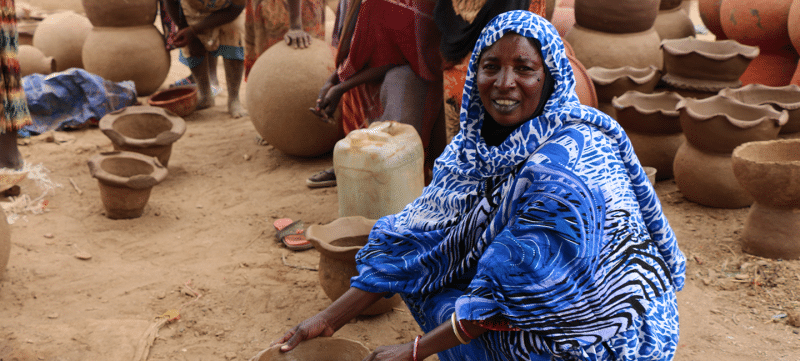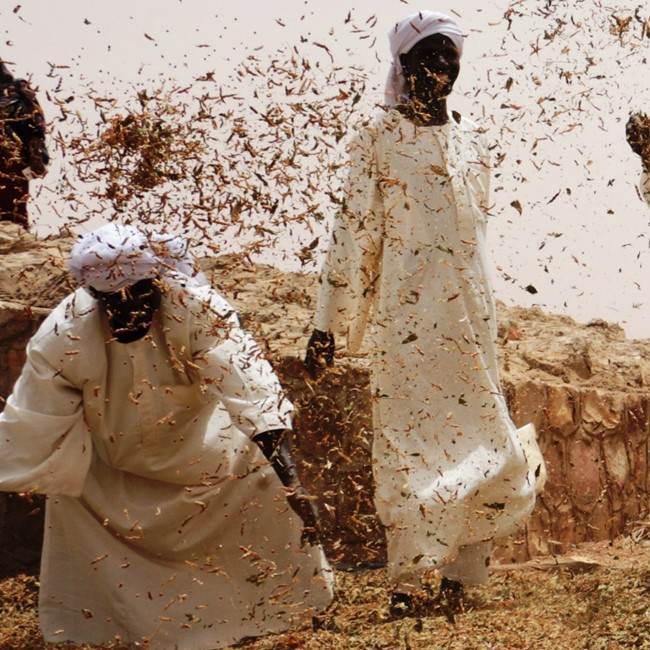Energy that Transforms in Sudan
Over 90% of North Darfur households depend on firewood and charcoal for cooking. Women and girls spend hours collecting firewood and cooking over open fires. By doing so, they breathe smoke that harms them and destroys their environment. By cooking with cleaner fuels and improved cookstoves, the health of women, girls and children improves. Girls’ access to education improves too by challenging the traditional distribution of household tasks, all while reducing environmental damage.
Our work ensures communities lead the process so that cookstoves and cleaner fuel are embedded in their lives. We help women become entrepreneurs by giving them the capacity to make and sell cookstoves and fuel. Practical Action supports this process with training and support in accessing funding to kick-start their new businesses and transform their entrepreneurial skills through budgeting and marketing. Working with a gender-focused approach helps boost the local economy and challenge the social norms that keep women in poverty and damage the environment.
In addition, we are working with villages to bridge the electricity access gap by encouraging investment in solar-powered home lighting and community-maintained pumps, providing water for human consumption, animals, and agriculture.
Now, we want to strengthen our links with all decision makers, civil society, United Nations agencies, donors, and rural communities to reach more people with our unique approach to accessing clean cooking fuels and renewable energy.
